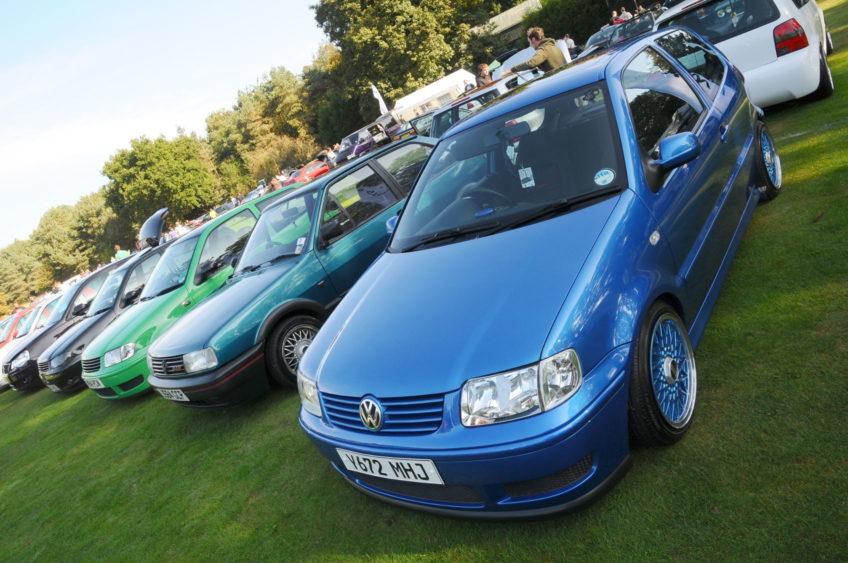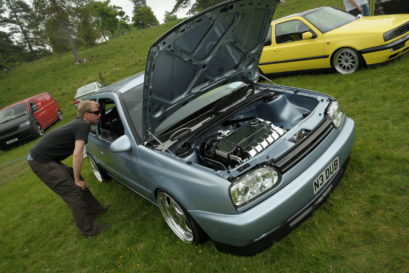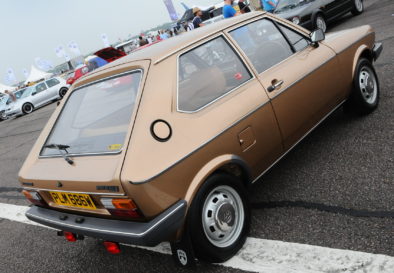No other topic is likely to court as much controversy as the definition of what makes a car ‘classic’. Now it seems insurance companies are wading in to the debate…
We recently blogged about proposals to make the annual MoT test for older cars fall in line with the current 40 year rolling exemption that applies to Vehicle Excise Duty (VED) here. Whatever your thoughts on the subject, many see the move as a useful step in the right direction when it comes to ‘standardising’ what makes a car classic. And for all sorts of bureaucratic and practical reasons, it seems everyone involved in older cars is desperate to agree on a definition…
Earlier this year the Fédération Internationale des Véhicules Anciens (FIVA) controversially drew a line in the sand by defining a ‘historic’ vehicle as being 30 years or older, subject to restrictive mileage and seasonal usage. Meanwhile, in Germany, there’s a generally accepted blanket definition of ‘Youngtimer’ models where the bar has been set at 15 to 20 years. So you can see the problem. Some say 15 to 20, an umbrella organisations says 30, while in the UK government reckons that a car needs to be at least 40 years old to be considered as a ‘classic’. At least where taxing them is involved.

No wonder then that car insurance companies are in turmoil over the issue. With premiums for modern cars on the increase, with the average cost of insuring a newer vehicle rising by 13% over the past year, there’s been a flood of applications by ‘modern classic’ owners to get their cars insured under a less expensive classic policy instead. That’s all well and good, but it leaves such schemes open to abuse and insurers have seen the need to tighten up in terms of what cars qualify.
It is something that’s been highlighted by weekly classic publication Classic Car Buyer who reported that the refusal by some companies to insure future classics from the ‘90s and noughties could be putting their survival at risk. And while a performance GTi or limited edition model is likely to be looked on more favourably by insurance companies, shamefully it’s the run-of-the-mill cars that will disappear first if owners can’t afford to insure them on a standard policy.


As CCB said: “Insurers look for certain conditions – rarity, low mileage, seasonal use and club membership to give a few yardsticks; by sheer dint of their age, modern classics can occupy both spectrums of ownership from ‘old banger’ to ‘cherished historic vehicle.’ Until the conditions swing toward the latter, junior classics will continue to be turned away from classic cover in steadily growing numbers.”
What do you think? In your opinion, when does a car become classic? Is it really all about age? Have you had an insurer turn down cover on a newer ‘future classic’ VW?
Ian
The opinions expressed here are the personal opinions of the author and do not necessarily represent the views and opinions of VW Heritage.

